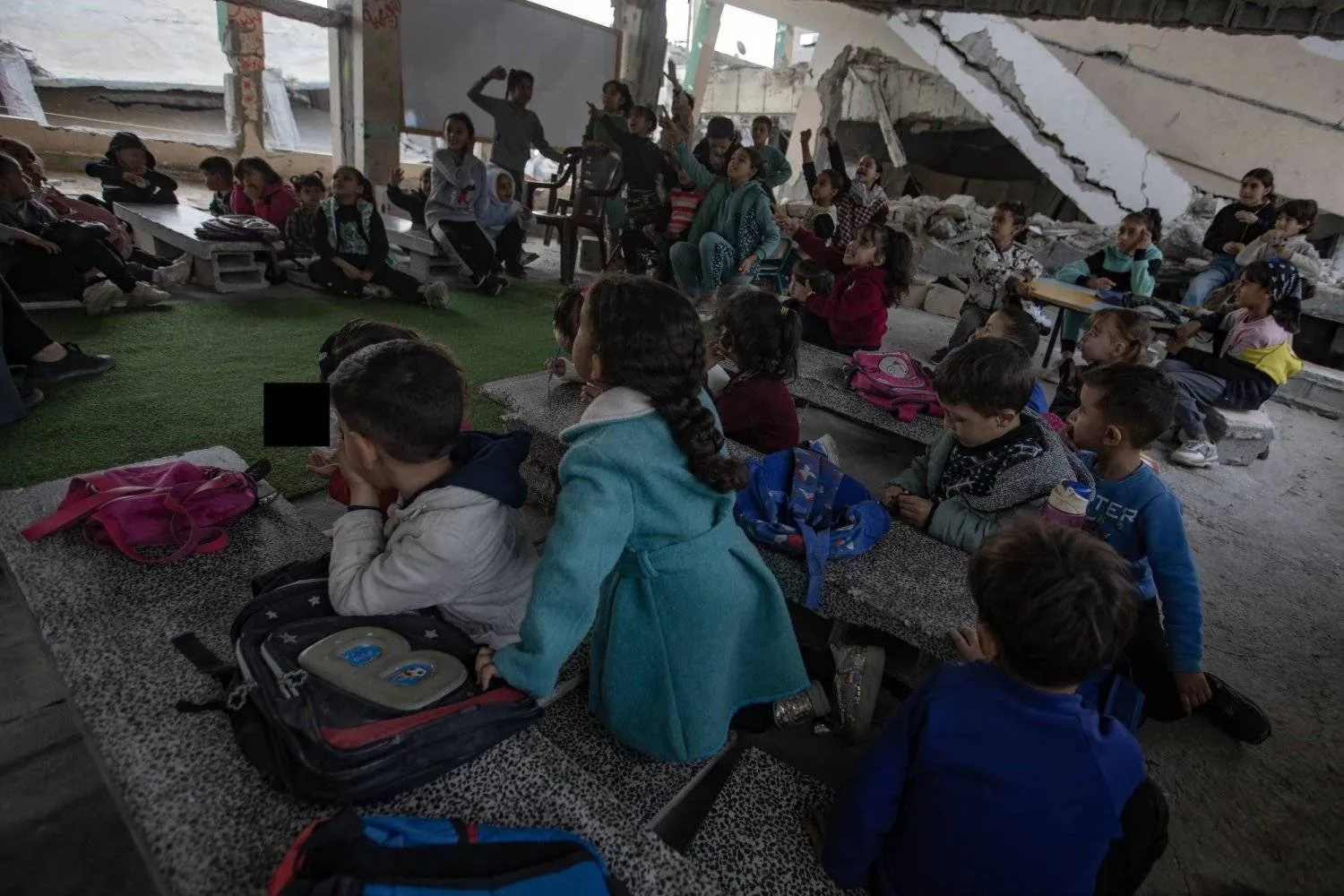Israeli Finance Minister Bezalel Smotrich has suggested that Israel plans to establish military rule in Gaza for an indefinite period, despite opposition from the army.
Smotrich criticized the military for refusing to take responsibility for distributing humanitarian aid in Gaza, calling it a bigger failure than the Oct. 7, 2023 attack, which saw over 100 Israelis kidnapped by Hamas.
He argued that the army’s refusal is partly why the hostages have not been released.
“The political leadership asked and insisted, but the army rejected any responsibility for military rule,” Smotrich said.
“If it’s necessary for security, I’m not worried about us being an authoritative presence in Gaza to eliminate Hamas.”
Smotrich’s remarks add to growing concerns that Israeli Prime Minister Benjamin Netanyahu plans to occupy Gaza and establish military control.
Netanyahu has not outlined a clear post-conflict plan for Gaza, leading to fears that private security companies might take control of civilian life there.
While many Americans, Palestinians and Arabs believe Netanyahu wants to occupy Gaza, former defense minister Yoav Gallant warned that Israeli rule over Gaza would be harmful.
He called for a governing body that is neither Hamas nor Israel to avoid paying a heavy price.
On day 409 of the war, Israel continued its operation in northern Gaza. The operation is aimed at clearing large areas under heavy fire, and it seems to be part of a broader plan for military control.
Field sources in Gaza told Asharq Al-Awsat that the Israeli army is evacuating and isolating large areas in the north, dividing Gaza into three regions. This could signal a prolonged Israeli presence in the area.
Earlier, satellite images showed increased infrastructure activity in northern Gaza, including new and expanded roads. The activity is focused between Beit Lahiya, Jabalia and Beit Hanoun, suggesting that Israel is trying to separate these areas from the rest of Gaza.
While Israel pushes ahead with its military plans, airstrikes on Monday killed about 80 Palestinians.









